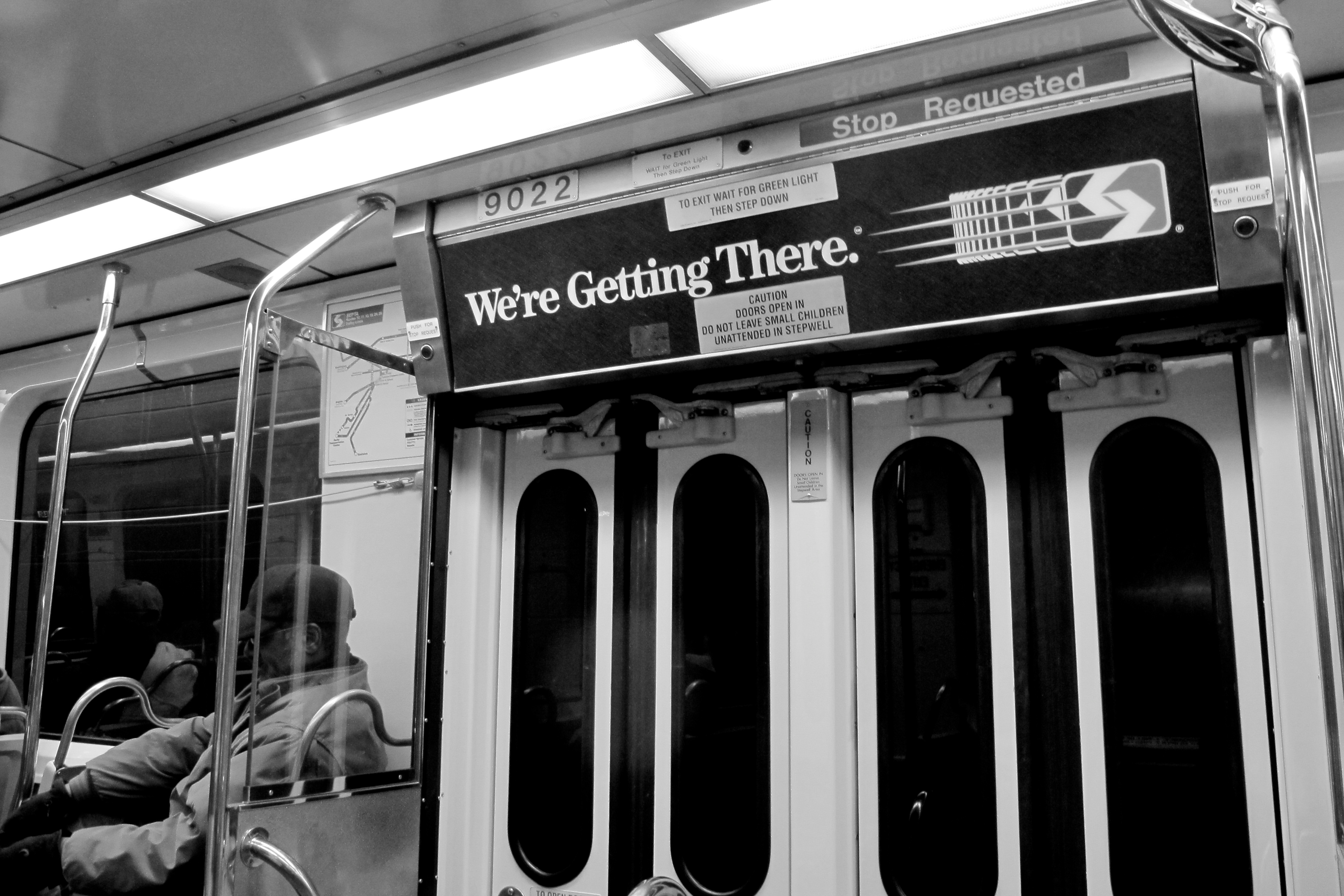With no word from the state, SEPTA adopts operating and capital budgets

Despite record-high regional rail ridership and a 50 percent increase in overall ridership during the last 15 years, SEPTA’s budget woes remain. Thursday, SEPTA’s board adopted a six-month operating budget and a fiscal year 2014 capital budget. Both of which are lower than SEPTA officials had hoped.
In March, SEPTA released its fiscal year 2014 operating budget and capital budget projections. The board deferred voting on both budgets because SEPTA hoped the state would come through with additional funding. Since the Pennsylvania General Assembly has recessed for the summer without enacting statewide transportation funding legislation, SEPTA has been forced to move forward with the originally proposed budgets.
SEPTA “suffered an enormous disappointment when the legislature in Harrisburg failed to act,” said SEPTA General Manager Joseph Casey.
“At a time when we have experienced record ridership, we do not have the resources to maintain the current system,” he said.
On Thursday, SEPTA adopted a six-month $639.7 million operating budget valid July 1, 2013 through December 28, 2013. That funding level is based on a portion of the original fiscal year 2014 operating budget proposed in March. The operating budget proposed then was set at $1.321 billion and included a $38 million funding shortfall.
Ideally the General Assembly will come to an agreement on transportation funding before this six-month budget expires at the end of December 2013. At that time the board will adopt an operating budget for the remainder of the fiscal year.
The SEPTA board also voted Thursday on its fiscal year 2014 capital budget. The board agreed to the $308 million budget initially proposed in March, on the condition that staff will amend the budget in the event that the Pennsylvania General Assembly passes a statewide transportation funding plan.
The $308 million represents the fourth consecutive year of reduced funding due to a reduction in State Act 44 funds.
To put the situation in perspective, Thomas Babcock, vice chairman of SEPTA’s board, reminded those at Thursday’s meeting that 13 years ago the SEPTA board adopted a $485 million capital budget. More than a decade later, this capital budget is significantly lower.
Through the Public Transportation Trust Fund of the Commonwealth, SEPTA plans to request $116.5 million in financial assistance from the state for its capital program. That funding is contingent upon $4.2 million in matching funds from the five counties SEPTA serves, and if SEPTA receives the assistance, it will go toward the capital budget exclusively.
Babcock urged everyone at the board meeting to contact the state legislature and push for increased transportation funding at the state level.
“Something has to give,” he said.
WHYY is your source for fact-based, in-depth journalism and information. As a nonprofit organization, we rely on financial support from readers like you. Please give today.



